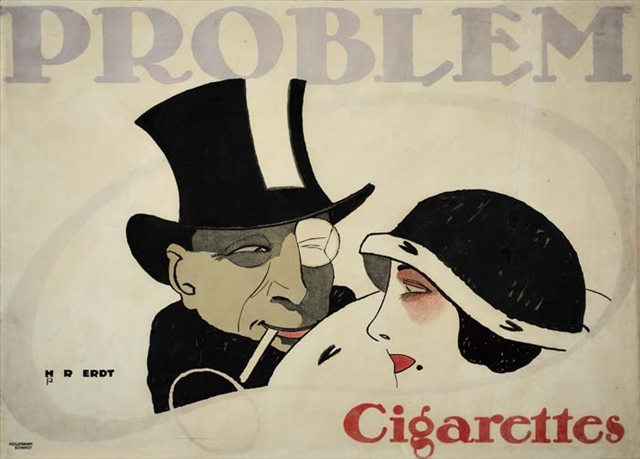Dan studied history at the University of Sheffield both for his undergraduate and Master’s degrees, specialising in post-war British history. He is the current holder of a Collaborative Doctoral Award organised by the University of Nottingham and Nottingham City Council Museums and Galleries. His PhD is on the changes cigarette marketing went through in the face of the smoking and health issue, and is titled ‘Promoting Player’s: Smoking, Advertising and Consumer Culture 1960-1980’. Broadly, his research interests cover twentieth-century social and cultural history, but more specifically they include:
- The history of advertising
- The history of tobacco and public health
- Leisure and sport history
- Gender history and the history of domesticity
- The history of broadcasting and the media
Recommended reading:
- Matthew Hilton, Smoking in British popular culture 1800-2000 (Manchester: Manchester University Press, 2000)
- Virginia Berridge, Marketing Health: Smoking and the Discourse of Public Health in Britain, 1945-2000 (Oxford: Oxford University Press, 2007)
- Penny Tinkler, Smoke Signals: Women, Smoking and Visual Culture in Britain (Oxford: Berg, 2006)
- Sean Nixon, Hard Sell: Advertising, Affluence and Transatlantic Relations, c. 1951-69 (Manchester: Manchester University Press, 2013)
By Hans Rudi Erdt (1883-1925) [Public domain], via Wikimedia Commons
Advertisement for the short-lived Mahala-Problem company, Berlin.

